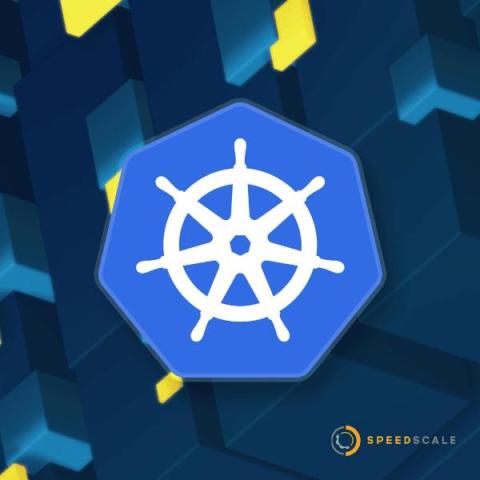Replay Production Traffic to Mock local development environments
Building and debugging Kubernetes microservices can be tough, especially when you don't have realistic data or environments. See how Speedscale can quickly mock DBs and APIs based on observed production behavior, so you can debug and develop features quickly. People familiar with GoReplay will notice a more modern and automated approach to turning user behavior into reproducible developer environments.











